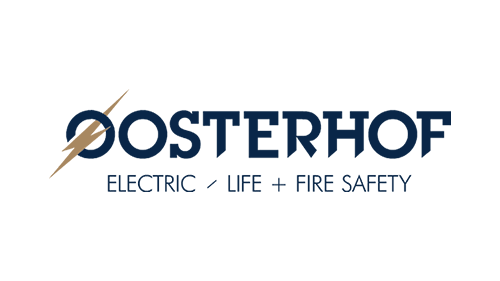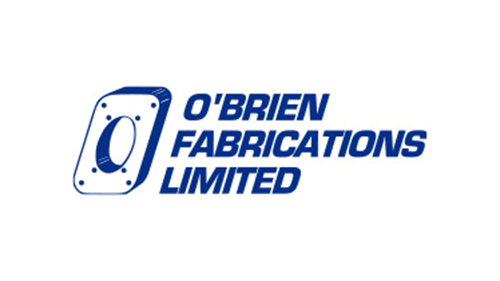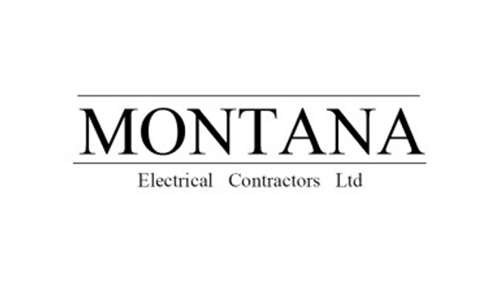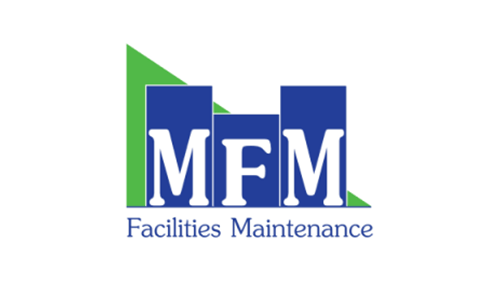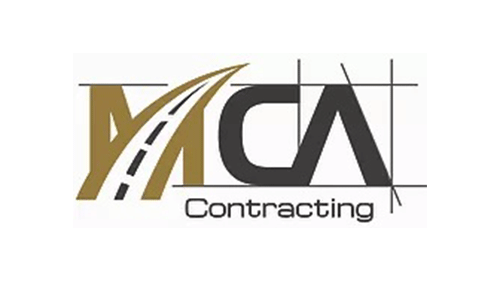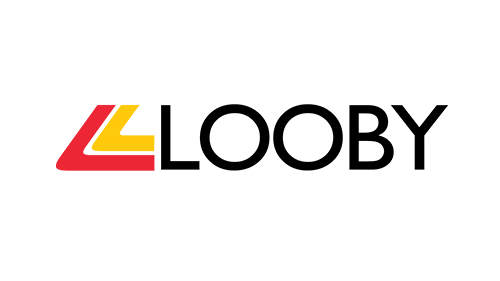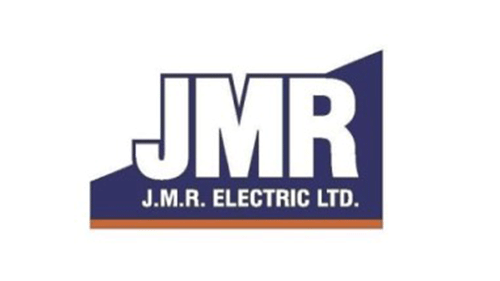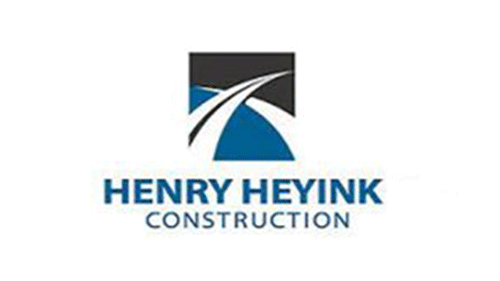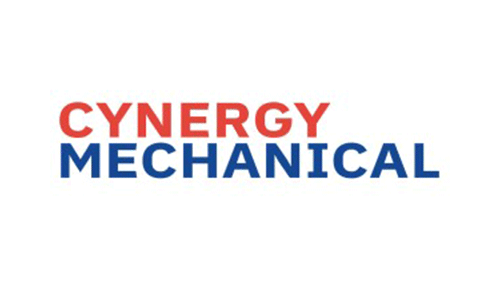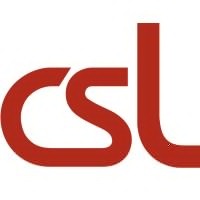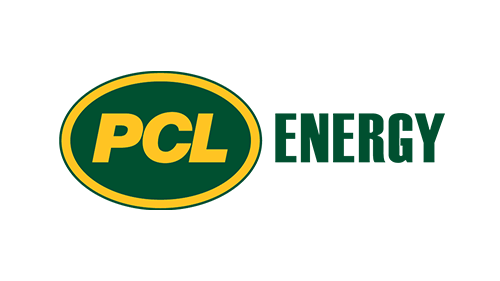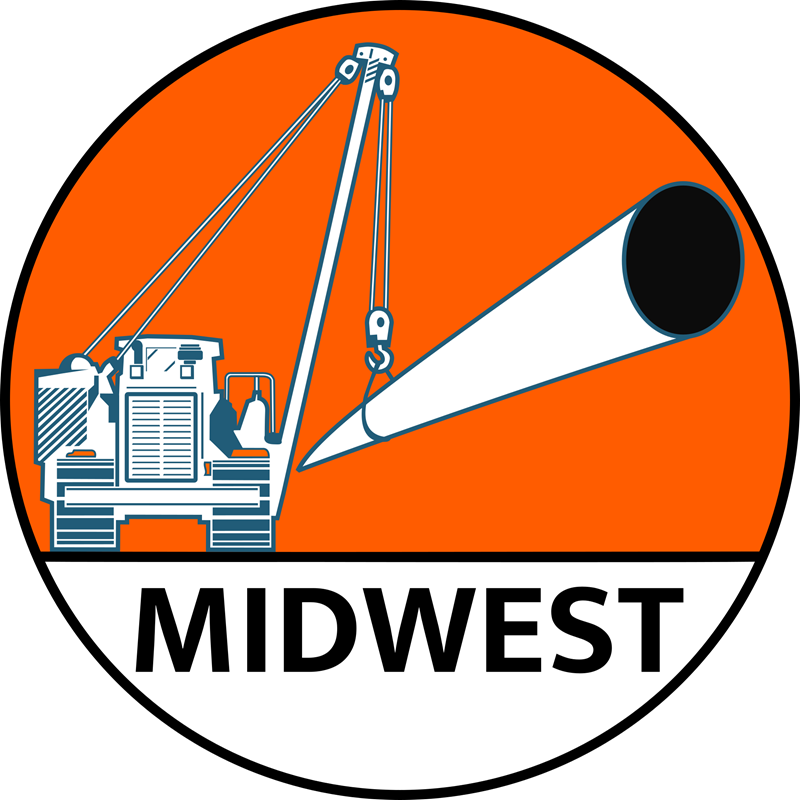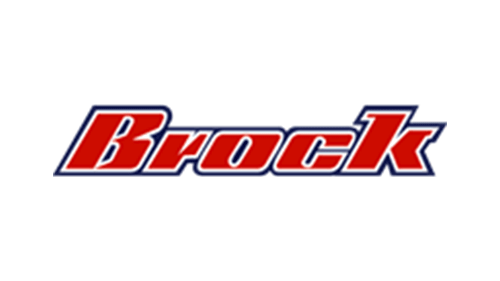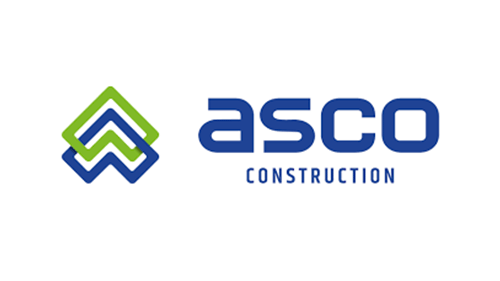B.C. has second chance to end pipeline politics
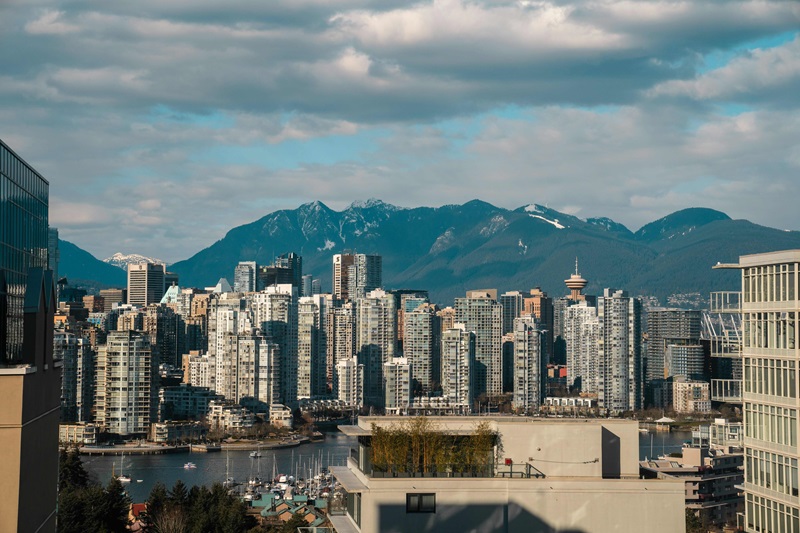
When it comes to pipeline politics, Canada is stuck on repeat.
But now, B.C. has a golden opportunity to do it differently. Rather than give Alberta’s pipeline proposal more pushback, this is B.C.’s chance to reset relations, and finally get it right.
Born in Langley and raised in Surrey, I’m a proud British Columbian, except when B.C. bares its teeth over pipelines. No doubt many others are also cringing as B.C. and Alberta clash again over pipelines. This time the flashpoint is Alberta Premier Danielle Smith’s plan for a new pipeline to B.C.’s West Coast.
Smith is confident that the proposed new pipeline has the potential to generate the greatest economic benefits of any nation-building project in Canada. “We cannot let another opportunity of this economic magnitude pass us by again,” she said, describing B.C. Premier David Eby’s staunch opposition as “un-Canadian and “unconstitutional.”
Eby dismisses Smith’s proposal as a “fantasy project” that puts jobs, the economy and coastline at risk: “We are British Columbians, we are Canadians and we will choose a better way,” Eby decried.
The trouble for Eby is that he hasn’t read the tea leaves. An Angus Reid poll suggests that 59 per cent of Canadians, including British Columbians, support, or strongly support, a new pipeline. That support has been steadily growing over the years.
In 2018, when B.C.’s then-premier the late John Horgan vowed to use “every tool in our tool box” to stop the Trans Mountain Pipeline expansion project, he was also working against popular opinion. An Ipsos Reid poll at the time found that national support for the project stood at 56 per cent. Even in B.C., a majority (55 per cent) supported that pipeline project.
It seems B.C.’s opposition to pipelines is more by rote than economic pragmatism. A province hard hit by Trump tariffs, a record deficit, revolving emergency room shutdowns and the skyrocketing cost of public infrastructure projects can’t afford to be so quick to discount the benefits of pipelines. And there are many.
Trans Mountain has opened new markets for Canadian oil as global demand keeps rising. It’s providing energy security, thousands of jobs along the pipeline route and billions in additional revenue at every level of government. That includes an estimated $23 million annually in additional municipal property taxes in B.C. Besides that, pipelines are the safest and most efficient way to move energy across our resource-rich country, which has a long and proud history of building pipelines responsibly.
Still, over the last decade, pipeline politics have ruled the day, sounding the death knell for several major pipeline projects including Energy East, Northern Gateway and Keystone XL. Fortunately, the Trans Mountain pipeline expansion managed to defy the odds, although it took years to clear legal and regulatory hurdles to cross the finish line.
As Canada works hard to reinvent a national economy, that’s less dependent on the U.S, it’s surprising that Prime Minister Mark Carney has shown renewed interest in working with U.S. President Donald Trump to resurrect the Keystone XL pipeline that would run from Northern Alberta to the U.S. Midwest. That not only raises eyebrows, but the obvious question: Why is it easier to build a pipeline across several American states than one Canadian province?
Canada can do better. Today, as economics and public opinion favour building a new pipeline, let’s put pledges and proposals into action. This is Canada’s moment to show it isn’t the least bit apologetic about making a new pipeline the centre piece of its plan for energy stardom. The politics of resistance aren’t a good look for Eby. It’s time to quit fighting, and get onboard.


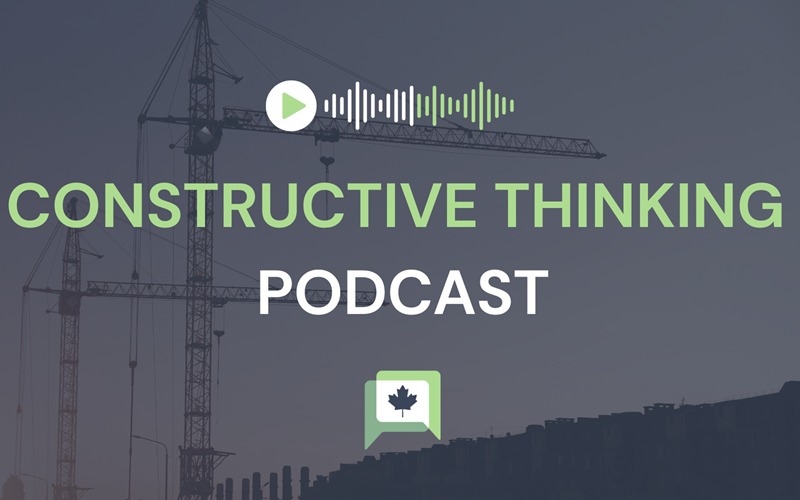
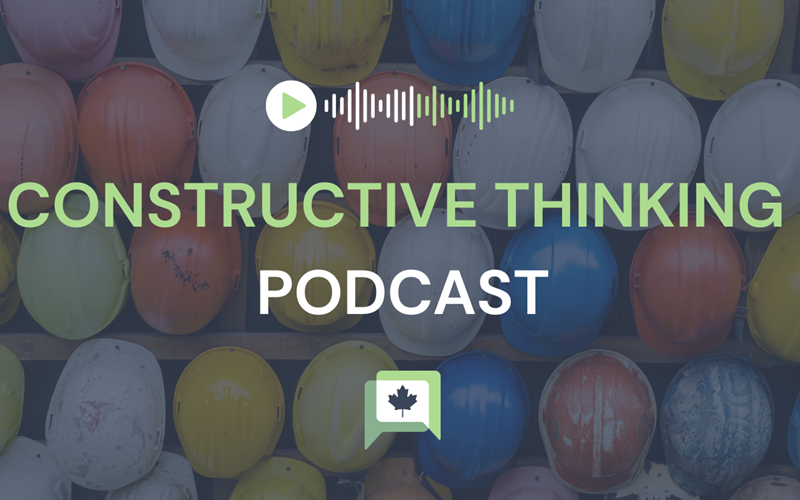
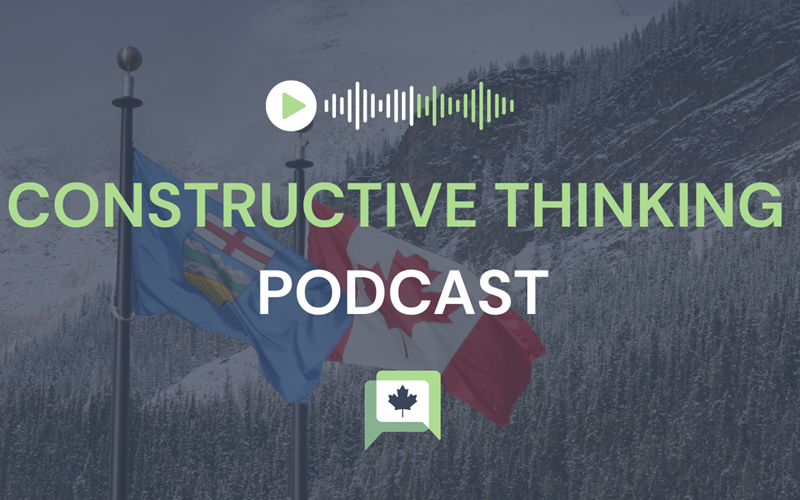
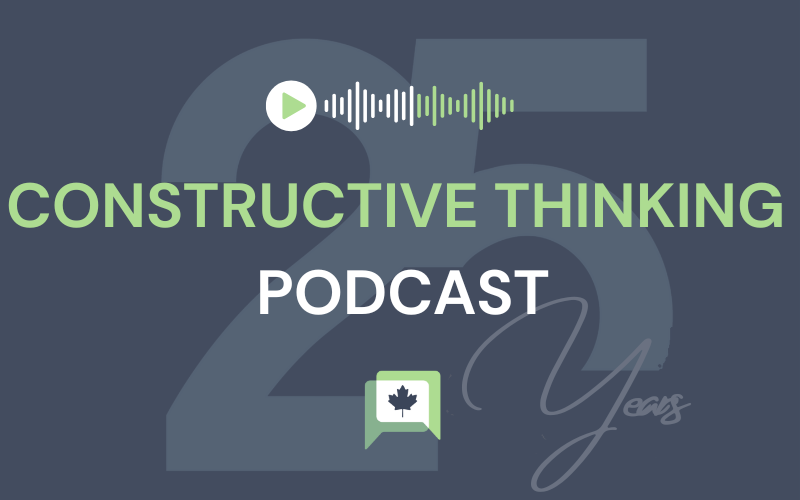
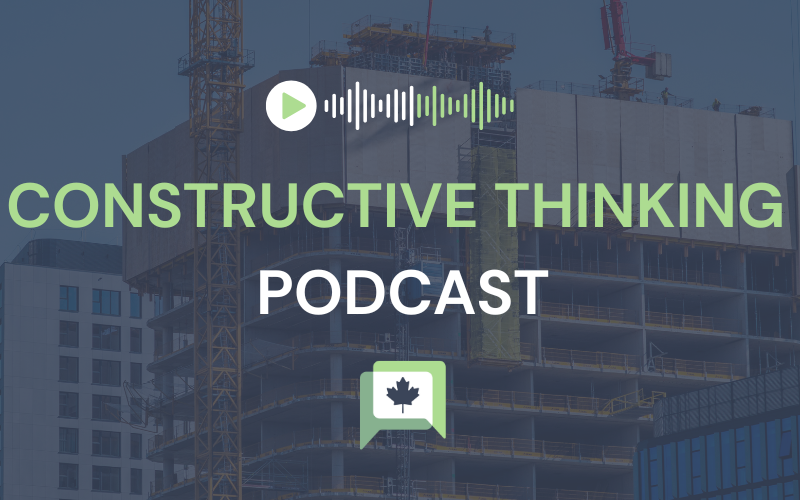


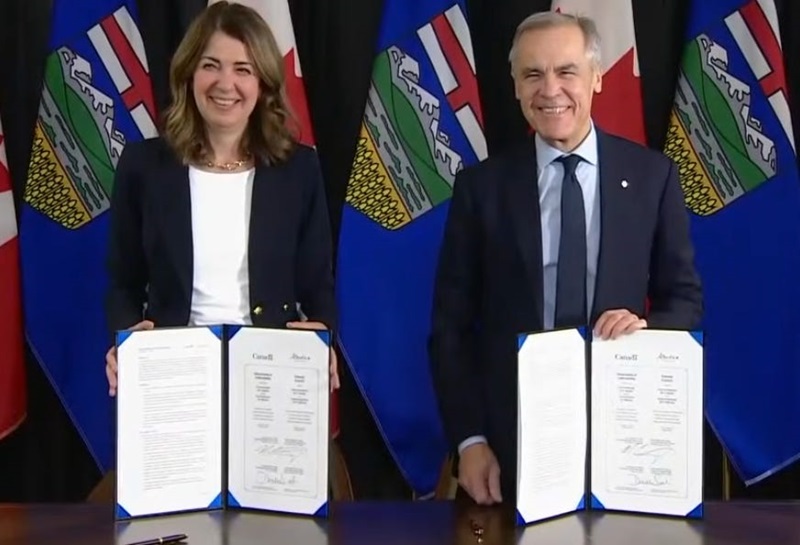




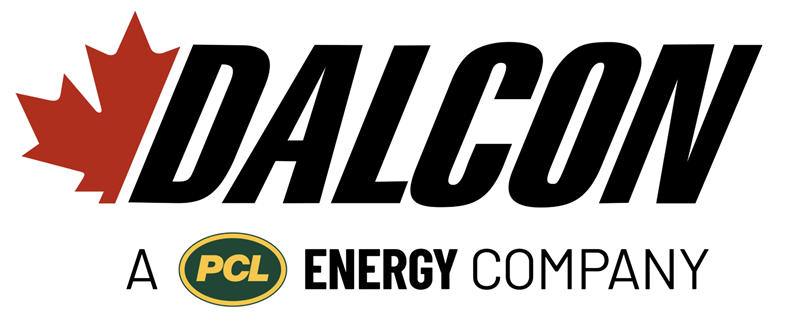












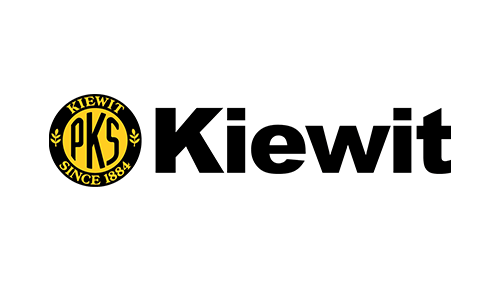






















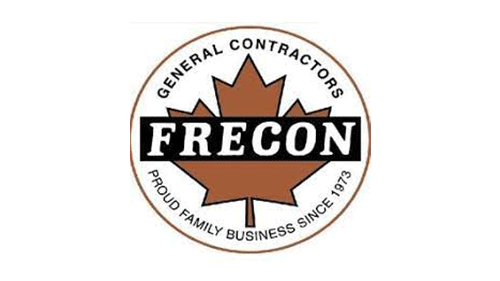



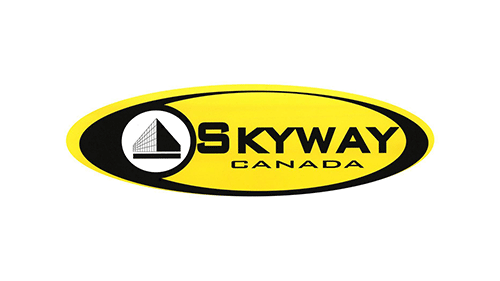
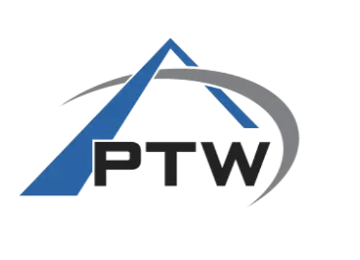

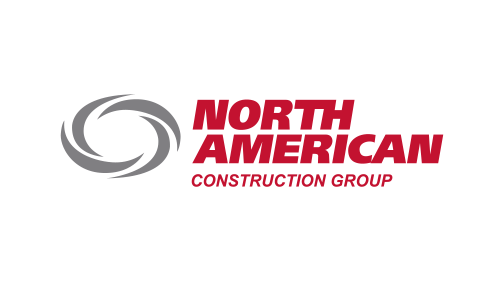








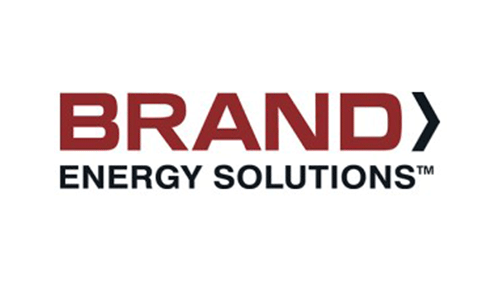



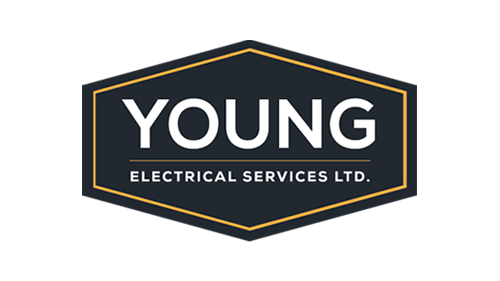



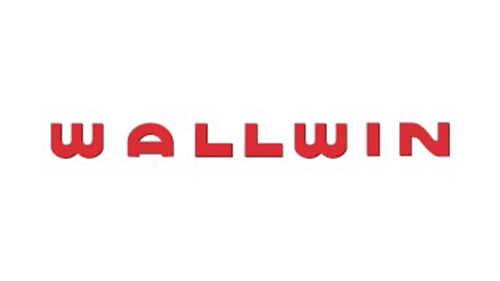
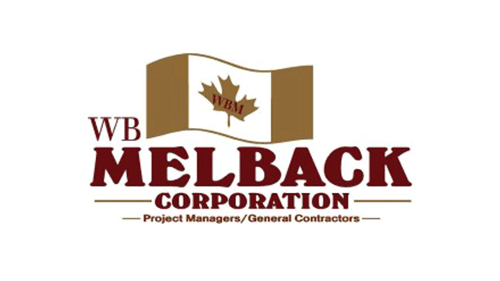


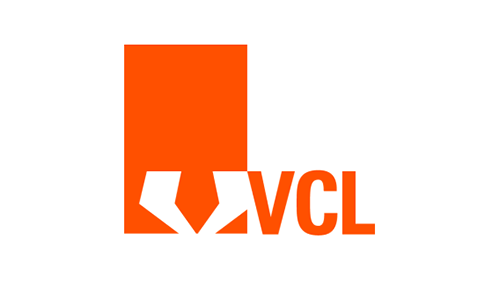

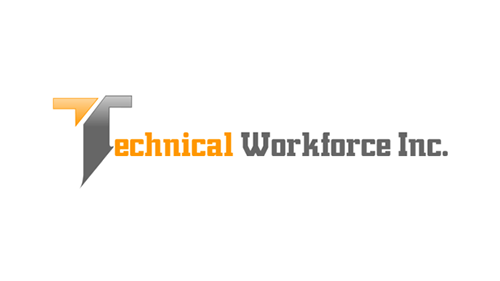





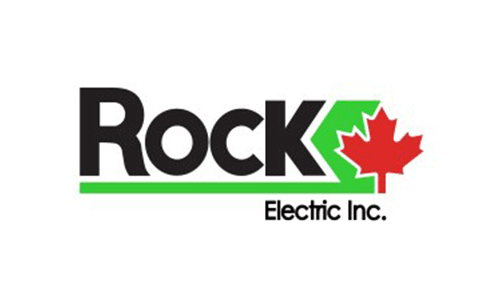


.tmb-cfthumb_fb.png?Culture=en&sfvrsn=fcfb3f3b_1)




